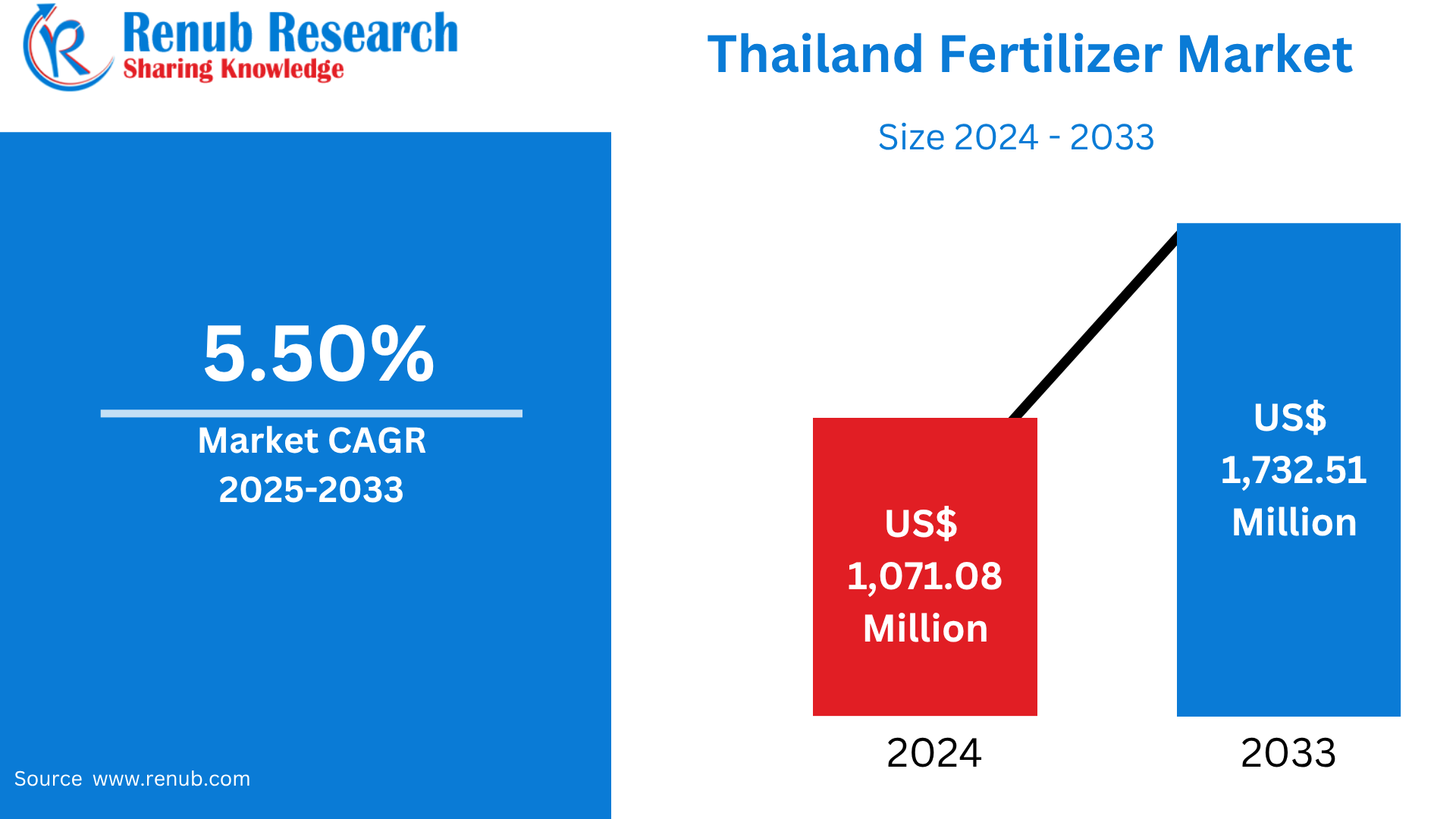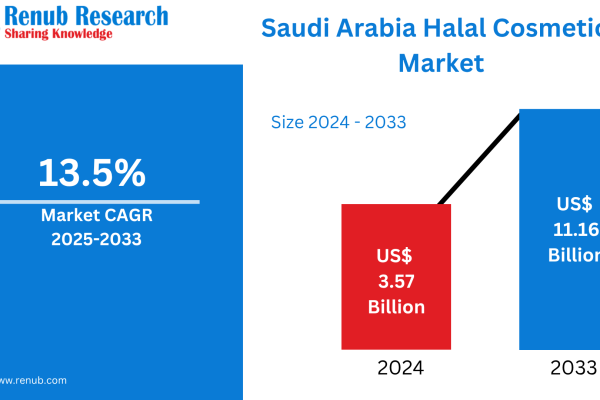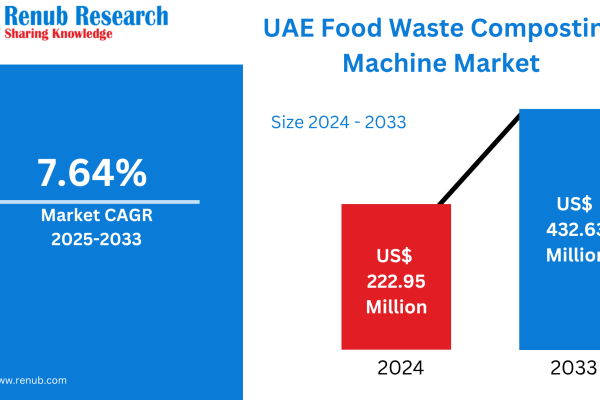Government Support, Technological Advancements, and Crop Yield Optimization Drive Demand for Fertilizers in Thailand
According to Renub Research, the Thailand Fertilizer Market is poised for significant growth, driven by rising food demand, agricultural modernization, and government-backed productivity programs. Fertilizer use in Thailand is becoming increasingly vital as the country works to maintain soil fertility, increase crop yields, and remain competitive in global agricultural exports. As climate change, soil degradation, and population growth put pressure on food systems, the Thai government and private sector are investing in smarter, more efficient fertilizer solutions.
📄 Download Free Sample Report: https://www.renub.com/request-sample-page.php?gturl=thailand-fertilizer-market-p.php
Thailand’s Fertilizer Market Benefits from Agricultural Transformation
From Traditional Farming to Precision Agriculture
Thailand is moving beyond conventional farming practices and embracing precision agriculture to address declining productivity and environmental sustainability. Fertilizers play a critical role in this shift, especially as farmers aim to meet high export standards in rice, rubber, cassava, sugarcane, and horticultural crops. By applying the right fertilizers at the right time and in the right quantities, Thai farmers are able to optimize yields and reduce input costs.
Strategic Role in ASEAN Agriculture
As one of Southeast Asia’s leading agricultural economies, Thailand relies on fertilizers to remain a top exporter of rice and other staple crops. The country’s strategic location also enables it to act as a distribution hub for fertilizer products to neighboring countries like Laos, Cambodia, and Myanmar—enhancing regional market dynamics.
Key Drivers Fueling the Growth of Thailand’s Fertilizer Market
1. Government Support and Subsidy Programs
The Thai government has launched several initiatives to support agricultural productivity and reduce rural poverty. These include fertilizer subsidy programs, public-private collaborations, and training programs that encourage the responsible use of fertilizers among smallholders. Policies supporting sustainable farming and eco-friendly fertilizers are gaining traction in rural provinces.
2. Increasing Demand for High-Value Crops
The growth in demand for fruits, vegetables, herbs, and flowers—both for export and domestic consumption—is driving the adoption of crop-specific fertilizers. Farmers are increasingly using customized blends and micronutrient-enriched fertilizers to meet the nutritional needs of high-value crops.
3. Soil Health Awareness and Balanced Nutrient Management
Years of overuse of conventional chemical fertilizers have led to nutrient imbalances in Thai soils. Awareness campaigns are educating farmers about balanced fertilization, which integrates organic, bio-based, and chemical fertilizers for sustainable productivity.
4. Expanding Agritech and E-commerce Distribution
Digital platforms and agri-input marketplaces are streamlining fertilizer distribution and enabling farmers to access high-quality fertilizers directly from manufacturers. This is especially important in remote areas where conventional supply chains are slow or expensive.
Market Segmentation: Types, Applications, and Trends
By Fertilizer Type:
-
Nitrogen Fertilizers (e.g., Urea, Ammonium Sulfate)
-
Phosphate Fertilizers (e.g., DAP, SSP)
-
Potash Fertilizers (e.g., Muriate of Potash – MOP)
-
Compound and NPK Fertilizers
-
Organic Fertilizers and Biofertilizers
Nitrogen-based fertilizers dominate the Thai market, especially in rice cultivation. However, balanced NPK and organic blends are gaining traction as farmers seek long-term soil fertility and quality improvements.
By Application:
-
Cereals & Grains (especially rice and corn)
-
Fruits & Vegetables
-
Oilseeds & Pulses
-
Plantation Crops (rubber, sugarcane, cassava)
-
Others (horticulture, floriculture)
Fertilizer Industry Embraces Innovation and Sustainability
Thailand’s fertilizer market is shifting toward eco-friendly and slow-release fertilizers to minimize environmental damage caused by leaching and runoff. Additionally, companies are developing customizable crop nutrient solutions and investing in nanotechnology, biostimulants, and precision farming tools.
These innovations not only enhance crop productivity but also support the government’s Bio-Circular-Green (BCG) Economy model aimed at sustainable development and environmental conservation.
Challenges Facing the Fertilizer Sector
While the outlook for Thailand’s fertilizer industry remains strong, it is not without obstacles:
-
High Dependency on Imports: Thailand imports a significant portion of its fertilizer needs, especially potash and phosphate, making it vulnerable to price volatility and geopolitical tensions.
-
Rising Raw Material Costs: Global fertilizer prices and freight rates have increased, squeezing the margins of local suppliers and distributors.
-
Environmental Concerns: Excessive or inappropriate fertilizer use contributes to water pollution and greenhouse gas emissions, prompting regulatory scrutiny.
-
Fragmented Farmer Base: Educating millions of smallholder farmers and transitioning them to advanced fertilization practices remains a logistical challenge.
Competitive Landscape: Key Players and Strategic Moves
Thailand’s fertilizer market features a mix of domestic producers, government-owned enterprises, cooperatives, and international companies. Major players are investing in new production technologies, expanding capacity, and building rural distribution networks.
Leading Companies in the Thailand Fertilizer Market Include:
-
Thai Central Chemical Public Company Limited (TCCC)
-
The Siam Fertilizer Company
-
Yara International
-
ICL Fertilizers
-
Haifa Group
-
Nutrien Ltd.
-
Sino-Agri Holding
-
Kaset Phattana Group
-
Chia Tai Group
These companies are focusing on R&D, digital platforms, and climate-smart agriculture solutions to cater to the evolving needs of Thai farmers.
Regional Insights and Distribution Patterns
Fertilizer usage is highest in the Central and Northeastern regions of Thailand, where major rice and sugarcane cultivation occurs. However, the Southern region, known for rubber and palm plantations, and the Northern region, rich in horticulture, are seeing rising demand for specialty fertilizers.
Logistics infrastructure improvements, warehouse expansions, and digital order-tracking are enabling better reach into underserved rural areas.
Future Outlook: Toward a Resilient and Green Fertilizer Industry
The future of Thailand’s fertilizer market lies in balancing productivity and sustainability. With environmental policies tightening and farmers becoming more educated, the industry is poised to:
-
Shift from quantity-based to quality-based fertilization
-
Promote precision application techniques (e.g., fertigation, drone spraying)
-
Scale up production of biofertilizers and organic amendments
-
Reduce import dependency by exploring local production capabilities
📌 Explore the Full Report: https://www.renub.com/thailand-fertilizer-market-p.php
📄 Download Sample PDF: https://www.renub.com/request-sample-page.php?gturl=thailand-fertilizer-market-p.php
About the Company
Renub Research is a Market Research and Consulting Company with more than 15 years of experience, especially in international Business-to-Business Research, Surveys, and Consulting. We provide a wide range of business research solutions that help companies make better business decisions. We partner with clients across all sectors and regions to identify their highest-value opportunities, address their most critical challenges, and transform their businesses.
Our wide clientele includes key players in Healthcare, Travel & Tourism, Food & Beverages, Power & Energy, Information Technology, Telecom & Internet, Chemicals, Logistics & Automotive, Consumer Goods & Retail, Building & Construction, and Agriculture. Our core team comprises experienced professionals with graduate, postgraduate, and Ph.D. qualifications in Finance, Marketing, Human Resources, Bio-Technology, Medicine, Information Technology, Environmental Science, and more.
New Publish Report:
- Adhesion Barriers Market Global Forecast Report by Product (Synthetic, Natural), Formulation (Film, Liquid, Gel), Application (Gynecological Surgeries, General/Abdominal Surgeries, Cardiovascular Surgeries, Orthopedic Surgeries, Neurological Surgeries, Reconstructive Surgeries, Urological Surgeries, Others), Countries and Company Analysis 2025-2033
- Bariatric Surgery Devices Market Global Forecast Report by Procedure Type (Minimally Invasive Surgical Procedures, Non-Invasive Surgical Procedures), Device Type (Assisting Devices, Implantable Devices), Procedure (Sleeve Gastrectomy, Adjustable Gastric Banding, Roux-en-Y Gastric Bypass, Biliopancreatic Diversion with Duodenal Switch, Others), Application (Weight Loss, Hereditary Disease, Other Disorders), End User (Bariatric Surgery Clinics, Hospitals, Others), Countries and Company Analysis 2025-2033
- Allergy Relieving Eye Drops Market Global Forecast Report by Drug Class (Antihistamines, Non-steroidal anti-Inflammatory Drugs, Vasoconstrictors, Others), Type (Seasonal and Perennial Allergic Conjunctivitis, Vernal Keratoconjunctivitis, Atopic Keratoconjunctivitis, Giant Papillary Conjunctivitis, Others), Countries and Company Analysis 2024-2032
Media Contact
Company Name: Renub Research
Contact Person: Rajat Gupta, Marketing Manager
📞 Phone No: +91-120-421-9822 (IND) | +1-478-202-3244 (USA)
📧 Email: rajat@renub.com
🌐 Website: www.renub.com








